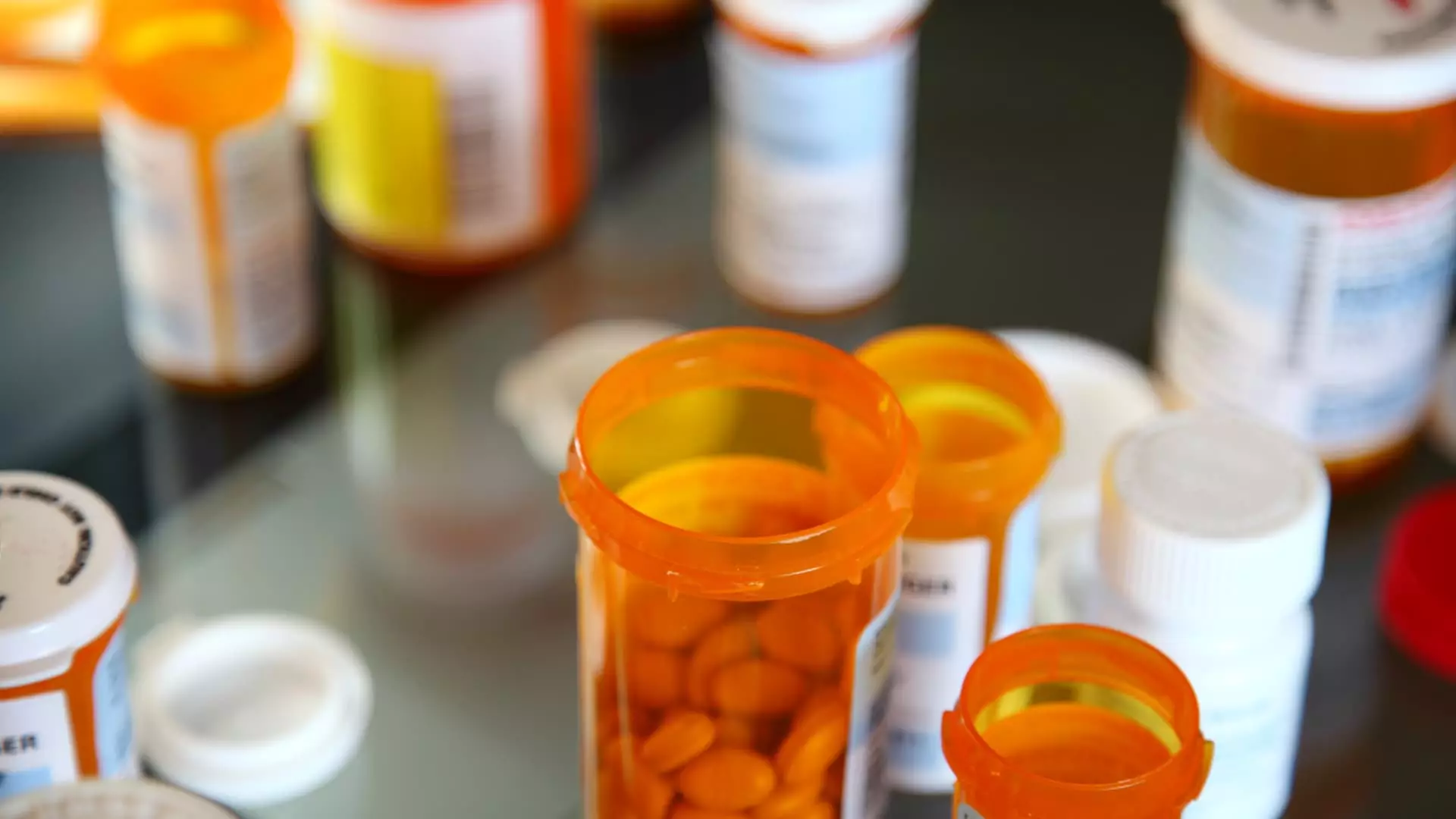The imposition of tariffs by President Donald Trump on imports from key trading partners poses risks that reverberate through the healthcare system of the United States. The decision to levy a 25% tariff on goods from Canada and Mexico, alongside a 10% charge on imports from China, has raised alarms among pharmaceutical stakeholders. The implications of such economic measures could exacerbate existing challenges, including exacerbated drug shortages, increased healthcare costs, and growing instability within generic drug manufacturing.
In a bold move, President Trump announced tariffs set to take effect immediately, impacting a broad array of goods. This stance followed a broader agenda that seeks to address drug trafficking and immigration, with Trump suggesting that tariffs would remain until cooperation from Canada, Mexico, and China is secured. Notably, following negotiations, Mexico has received a temporary reprieve on tariffs contingent upon increased border security efforts. However, the focus remains on how these tariffs will affect the pharmaceutical landscape, especially amid an ongoing crisis characterized by drug shortages that endanger patient care.
The United States currently faces a significant deficit of essential medications, which encompasses a wide range of therapeutic areas from cancer treatments to everyday generic drugs. Alarmingly, generic medications account for a staggering 90% of prescriptions dispensed to U.S. patients. The introduction of tariffs further complicates an already precarious situation. Stakeholders from drug trade organizations warn that additional costs imposed by tariffs could force some generic manufacturers to withdraw from the market, worsening the shortages that many healthcare providers are already grappling with. John Murphy, CEO of the Association for Accessible Medicines, emphasized that generic manufacturers often operate on razor-thin profit margins, which leaves little room for absorbing unexpected costs like tariffs.
As America grapples with the repercussions of the tariff-driven changes, the ramifications for patient care could be profound. Reports indicate that hospitals have begun to ration essential drugs, an alarming trend that can lead to severe consequences for patient outcomes. The reduction in available medications could mean that some patients may not receive timely or adequate treatment for their conditions. Furthermore, the added financial burden on pharmaceutical distributors, many of whom already function on margins as low as 0.3%, could translate into increased costs for patients. The cycle of financial distress could compel healthcare providers to pass on price increases to consumers, fundamentally challenging access to necessary medications, particularly among vulnerable populations reliant on Medicare and Medicaid.
The robust relationship between U.S. healthcare and global trade cannot be overstated. China is a critical provider of active pharmaceutical ingredients (APIs), essential components that define the efficacy of many medications. The looming tariffs could disrupt supply chains vital for both branded and generic drugs. The fear is that as manufacturers withdraw or limit their production capacity, not only will this create greater medication scarcity, but it may also empower a precarious dependence on a narrower pool of drug producers, further complicating the landscape.
Moreover, U.S. reliance on global manufacturing extends beyond pharmaceuticals. Medical devices essential to patient care often originate from countries like China, Mexico, and India, which poses further risks. For instance, companies like Intuitive Surgical have communicated that significant portions of their manufacturing are based in Mexico, suggesting that tariffs could inflate production costs and disrupt access to the necessary technologies required for modern medical treatment.
Given the heightened risk of shortages and price increases, trade groups including the Healthcare Distribution Alliance and AdvaMed have urged the administration to reconsider the inclusion of pharmaceuticals and medical devices within the tariff framework. They argue that exempting these sectors from tariffs is crucial to maintain a robust supply chain and safeguard against aggravating the burdens felt by patients and healthcare providers. Particularly as many stakeholders argue that tariffs operate akin to an ‘excise tax’, inhibiting growth, innovation, and ultimately, patient care access.
While the administration’s focus on national security and border control is politically motivated, it is essential to recognize the collateral damage these economic policies could incur. With escalating costs and worsening drug shortages potentially leading to compromised healthcare, policymakers must carefully navigate these complex waters. The balance between safeguarding national interests and protecting the health of American citizens stands at a critical juncture that requires urgent attention and strategic intervention to mitigate the fallout of any further tariff-related developments. The healthcare landscape evolves constantly, and ensuring that all Americans have access to the medications and technologies they need must remain a priority.

